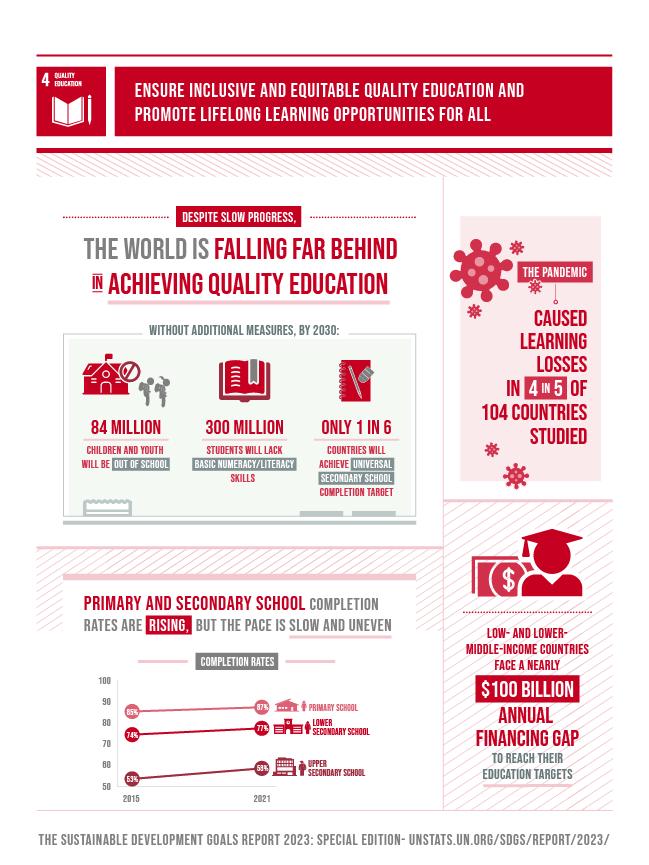In today’s hyper-competitive world, the pursuit of academic excellence has become a defining feature of modern parenting. As parents increasingly equate educational success with future stability and prosperity, a significant trend has emerged: the over-investment in their children’s education. This phenomenon, driven by a combination of societal pressures, personal aspirations, and a burgeoning educational industry, has profound implications for both families and the broader educational landscape. While the intention to provide children with the best possible start in life is commendable, the ramifications of this over-investment warrant careful scrutiny. This article delves into the complexities of this trend, examining the motivations behind parents’ decisions, the impact on children’s well-being, and the broader societal consequences of equating financial expenditure with educational success. Through an analytical lens, we aim to unravel the layers of this multifaceted issue and explore potential pathways towards a more balanced approach to educational investment.
Understanding the Pressure: How Parental Expectations Shape Educational Investment
Parental expectations can act as a double-edged sword, deeply influencing the educational paths chosen for children. On one hand, these expectations can drive students towards excellence, instilling discipline and a strong work ethic. However, the intense focus on academic success often leads to an over-investment in education, where parents pour excessive resources into tutoring, extracurricular activities, and elite schooling, sometimes beyond their financial means. This phenomenon isn’t just a personal sacrifice but reflects broader societal pressures where educational achievement is equated with future security and status.
The impacts of this over-investment are multifaceted. While some children thrive under such structured environments, others may experience undue stress and burnout. Consider these potential consequences:
- Emotional Strain: Constant pressure to meet high standards can lead to anxiety and depression.
- Financial Burden: Families may incur significant debt, affecting their overall economic stability.
- Stifled Creativity: A rigid focus on academics might limit opportunities for creative exploration and personal growth.
It’s crucial for parents to strike a balance between encouraging academic success and fostering a holistic development environment that values creativity, emotional intelligence, and resilience.
Analyzing the Impact: The Consequences of Overinvestment on Childrens Development
As parents strive to provide the best opportunities for their children, the line between beneficial support and overinvestment often blurs. This phenomenon, while well-intentioned, can inadvertently stifle essential aspects of a child’s development. Overinvestment may lead to increased pressure on children to perform, potentially fostering anxiety and diminishing their intrinsic motivation to learn. The perpetual cycle of structured activities leaves little room for unstructured play, which is crucial for fostering creativity and problem-solving skills.
Moreover, the emphasis on academic excellence can overshadow other vital areas of growth. Consider the following consequences:
- Social Skills Deficiency: Limited interaction with peers outside structured environments can hinder the development of crucial social skills.
- Lack of Resilience: Constant parental intervention may prevent children from experiencing failure and learning resilience.
- Imbalanced Lifestyle: A focus on academic achievement can result in neglecting physical health and emotional well-being.
Understanding these potential pitfalls is essential for parents to recalibrate their approach, ensuring a balanced development for their children.

Balancing Act: Strategies for Sustainable Educational Support
Amid the escalating demands of modern education, parents often find themselves walking a tightrope between providing the best for their children and ensuring their own financial and emotional stability. Striking a balance in educational investments is crucial, not only for safeguarding family resources but also for nurturing well-rounded development in children. Parents should consider strategies that promote both academic excellence and holistic growth without succumbing to the pressure of over-commitment.
- Prioritize quality over quantity: Focus on a few well-chosen activities that align with your child’s interests and strengths, rather than an overwhelming array of extracurriculars.
- Foster self-directed learning: Encourage your children to explore topics they are passionate about, fostering a sense of ownership and intrinsic motivation in their educational journey.
- Set realistic goals: Align educational aspirations with your child’s capabilities and family values, ensuring that expectations are challenging yet achievable.
- Cultivate resilience and adaptability: Equip children with skills to handle setbacks and adapt to changing circumstances, preparing them for the unpredictable future.
These strategies can help parents maintain a sustainable approach to educational support, ensuring their investments yield not just academic success, but also long-term personal and emotional well-being for their children.

Empowering Choices: Encouraging Independent Learning and Growth
In today’s fast-paced world, there is a growing trend among parents to heavily invest in their children’s education, often at the expense of fostering independent learning and personal growth. While structured education is undeniably important, it’s equally crucial to nurture an environment where children can make their own choices and learn from them. By overemphasizing formal education, parents may inadvertently limit opportunities for their children to develop critical life skills and self-reliance.
To cultivate a more balanced approach, parents can focus on:
- Encouraging Curiosity: Allow children to explore their interests outside of the classroom. This not only fuels passion but also instills a lifelong love for learning.
- Promoting Problem-Solving: Provide opportunities for children to face challenges and find solutions on their own. This builds confidence and resilience.
- Valuing Informal Learning: Experiences such as travel, hobbies, and volunteer work offer invaluable lessons that can’t be found in textbooks.
By empowering children to take charge of their own learning journeys, parents can help them develop into well-rounded individuals who are prepared to thrive in an ever-changing world.



